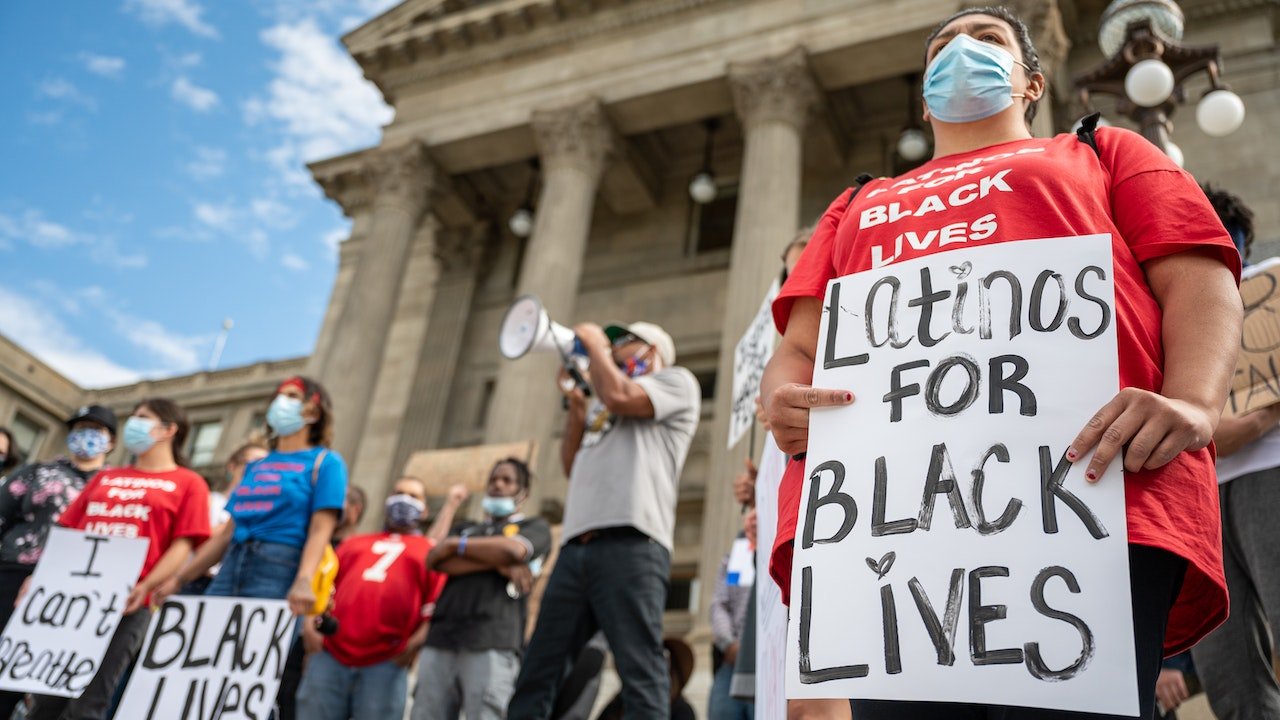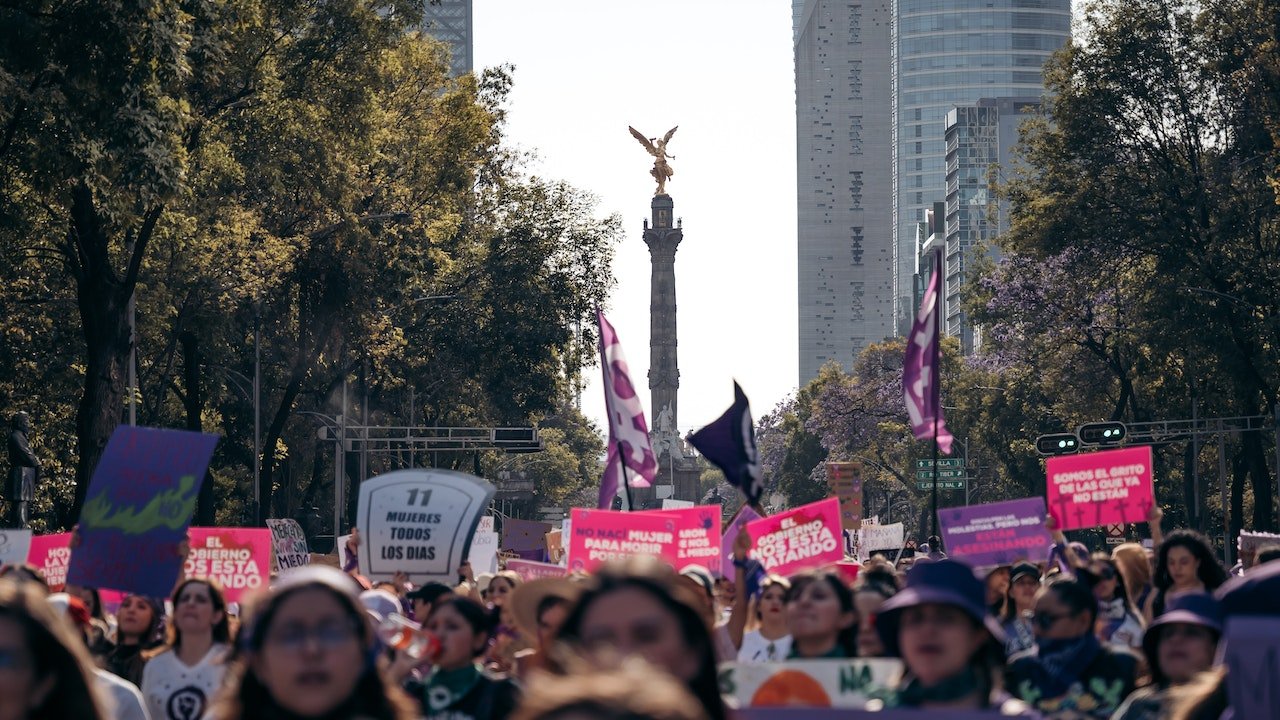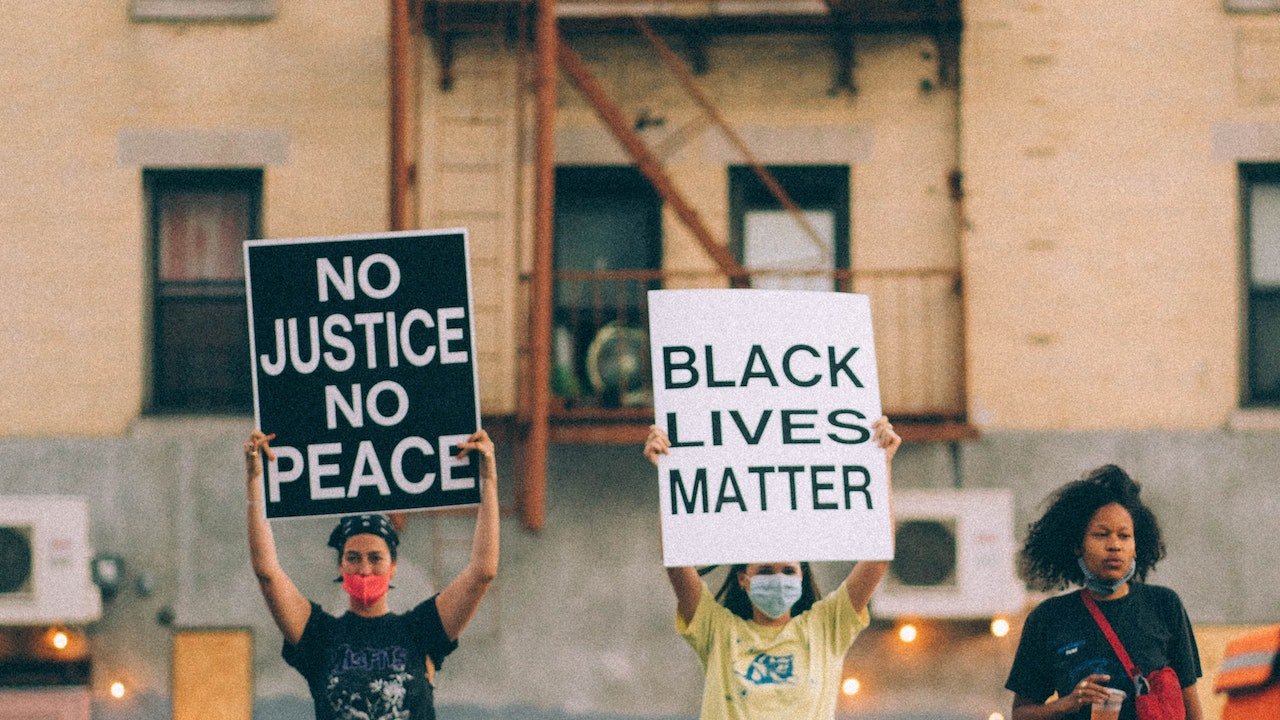Civil Rights Laws and Voting Rights: Protecting Democracy 2023


The right to vote is crucial for upholding a reasonable and fair political system in a democratic society. The protection of equal access to voting for all citizens is made possible by civil rights laws. This article analyses the historical context, significant laws, difficulties, and present concerns regarding voting rights as well as the importance of civil rights laws in preserving democracy.
Laws Protecting Civil Rights Are Important
Civil rights legislation aims to provide equality before the law and safeguard people against discrimination. These laws play a critical role in defending liberties and rights that are basic, such as the right to vote. Civil rights laws seek to create by establishing regulatory frameworks that forbid discrimination based on race, ethnicity, gender, religion, and other protected characteristics.
Background of Civil Rights Laws in History
In the United States, the fight for civil rights has a long and illustrious history. The history of civil rights laws has been influenced by a number of turning points, including the abolitionist movement and the 20th-century civil rights movement. Important turning points in securing equal rights and safeguards for marginalized people were the Emancipation Proclamation, the Civil Rights Act of 1964, and the Voting Rights Act of 1965.
Important Civil Rights Laws
Emancipation Proclamation
President Abraham Lincoln issued this proclamation in 1862 announcing the freedom of all slaves residing in Confederate territory.
1964’s Civil Rights Act
This important law outlawed discrimination based on national origin, race, color, religion, sex, or other factors. It sought to eliminate discrimination and segregation in employment, public accommodations, and voting.
1965 Voting Rights Act
This law attempted to remove obstacles that prevented African Americans and other minority groups from voting. It outlawed biassed voting procedures including literacy tests and poll taxes and gave the federal government control over elections in places where there has been a history of voter suppression.
Rights to vote and democracy
A democratic society cannot exist without the ability to vote. Voting gives people the power to engage in the political process, choose representatives who share their views, and hold elected authorities responsible. In order to maintain a just and representative democracy, voting rights must be protected.
Read More: Civil Rights Laws and Educational Equality 2023
Issues with Voting Rights
Voting rights remain under threat notwithstanding the advancements made by civil rights legislation. Minority populations are disproportionately impacted by voter suppression strategies such as tight voter identification requirements, shortening early voting windows, and removing names from voter lists. The integrity of democratic elections is in danger as a result of these strategies, which violate the idea of equitable access to the voting process.
Voting Rights Issues Right Now
Voting rights have grown to be a sensitive topic in recent years. Gerrymandering, voter ID requirements, and accessibility issues have all been the subject of heated discussion. There are worries regarding voter disenfranchisement and the exclusion of marginalized people from the democratic process since some states have enacted restrictive voting laws.
The Function of Civil Rights Groups
Voting rights advocacy and defense are key tasks for civil rights organizations. These groups engage in voter education and mobilization campaigns, bring legal actions to overturn restrictive voting rules, and raise awareness of discriminatory practices. In order to safeguard democracy and guarantee that every eligible voter has the chance to exercise their right to vote, their work is crucial.
Accessing the Voting Process Equally
Equal access to the voting process is crucial for preserving democracy and upholding voting rights. This entails putting policies in place like automatic voter registration, increasing early voting options, offering language help to non-English speakers, and creating safe and convenient polling places. These activities build the social fabric of democracy, increase inclusivity, and encourage voting.
Read More: How to Handle a Car Accident Claim Without a Lawyer 2023
Education of Voters and Its Importance
Voter education is essential for encouraging educated and engaged engagement in the democratic process. By educating people about their rights, the value of voting, and how their votes can affect how their communities and the country are governed in the future, empowers people. Voter education efforts help close the gap between the general public and their participation in the democratic process by offering materials, workshops, and instructional campaigns.
Taking Care of Voter Access Disparities
For a just and equitable democracy to exist, inequities in voter access must be addressed. Access to polling places may be difficult for some communities, such as those in rural areas, low-income areas, or those with few transit choices. Initiatives, like expanded mail-in voting options, mobile voting centers, and improved transit to polling places, can all be put into place to lessen these inequities. We can promote inclusivity and make it possible for every qualified voter to exercise their right to vote by proactively removing these obstacles.
The Need for Continuous Reform and Monitoring
The state of voting rights must be regularly monitored in order to safeguard democracy, and any required adjustments must be implemented. This entails carefully examining new laws, determining how it may affect disadvantaged groups, and pushing for amendments that support fair and equitable access to the electoral process. We can work towards a society where every voice is heard and every vote counts by keeping watchful and actively participating in the democratic process.
Conclusion
Voting rights and civil rights laws are essential for preserving democracy and making sure that the government is fair and representative. Despite the advancements made, voting rights problems still exist, necessitating continual work to protect these fundamental rights. We may work towards a more inclusive and robust democracy for all by addressing issues of voter suppression, promoting equal access to the voting process, and engaging in civic education.
FAQs
Civil rights laws: what are they?
Civil rights laws are regulatory frameworks that guarantee equality before the law and safeguard people against discrimination. They seek to protect liberties and rights that are basic, such as the ability to vote.
Why is the right to vote significant?
Voting rights are essential for a democratic society because they give citizens the ability to participate in political decision-making, choose their representatives, and hold them responsible.
What are some of the most important civil rights laws in the US?
The Emancipation Proclamation, the Civil Rights Act of 1964, and the Voting Rights Act of 1965 are three important pieces of civil rights legislation in the United States.
What obstacles face the protection of voting rights?
Voter suppression strategies, such as stringent identification requirements and shortening early voting windows, pose obstacles to the right to vote and disproportionately harm minority groups.
What part do civil rights organizations play in defending the right to vote?
Voting rights advocacy and defense are crucial tasks for civil rights organizations. To ensure that everyone has equitable access to the voting process, they raise awareness, bring legal action, engage in voter education, and mobilize voters.











One Comment